Donald Trump blocks $117bn sale of Qualcomm
Move is designed to stop China from overtaking the US in critical 5G technology
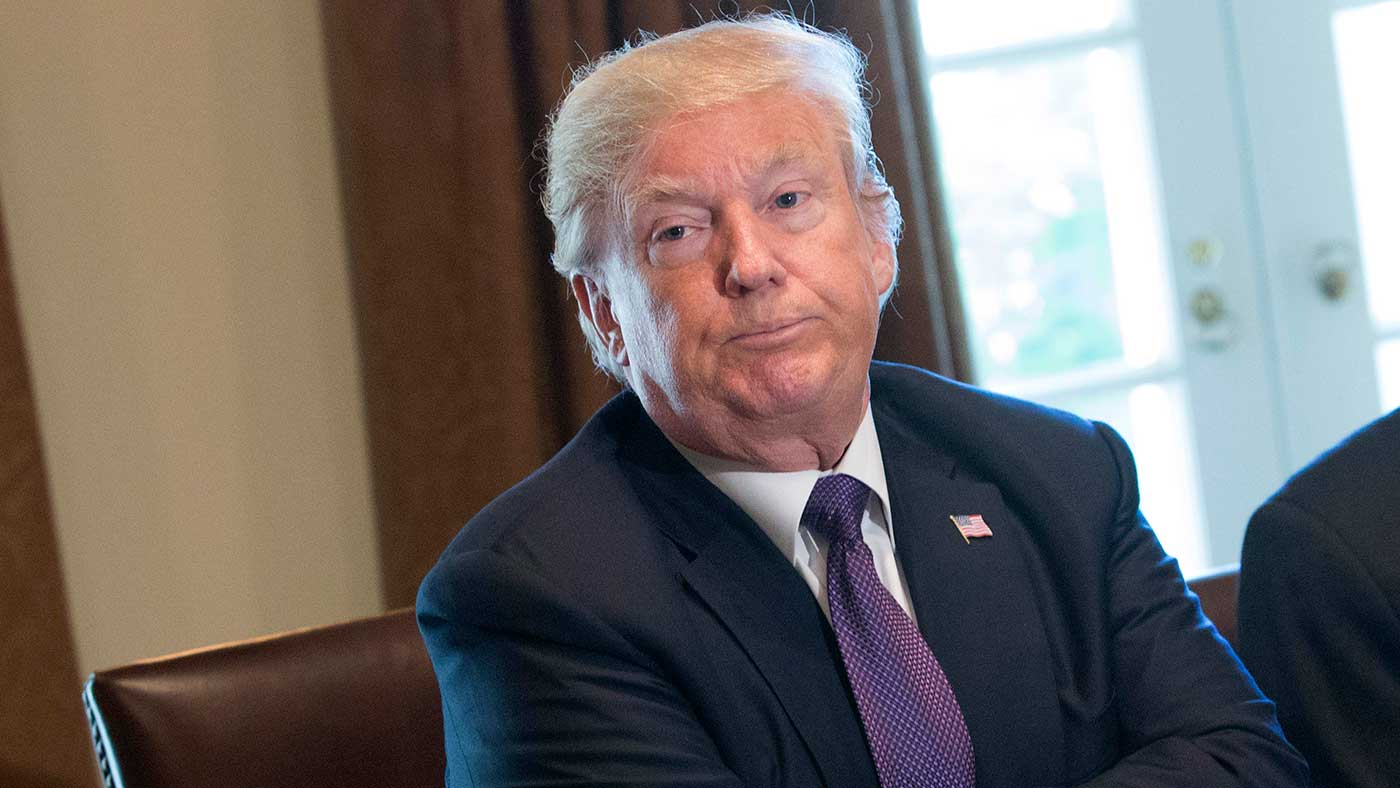
A free daily email with the biggest news stories of the day – and the best features from TheWeek.com
You are now subscribed
Your newsletter sign-up was successful
Donald Trump has prohibited Broadcom, the Singapore-based chipmaker, from completing a takeover of its rival firm Qualcomm, citing security concerns.
The US President revealed in a statement that he has “credible evidence” that suggests the proposed deal, believed to be worth over $117bn (£84bn), “threatens to impair the national security” of the country.
Last week, the Committee on Foreign Investment in the United States (CFIUS) expressed concerns over Broadcom’s relationship with third-party foreign entities, CNN Money reports.
The Week
Escape your echo chamber. Get the facts behind the news, plus analysis from multiple perspectives.

Sign up for The Week's Free Newsletters
From our morning news briefing to a weekly Good News Newsletter, get the best of The Week delivered directly to your inbox.
From our morning news briefing to a weekly Good News Newsletter, get the best of The Week delivered directly to your inbox.
But The Guardian argues the move appears to target the tech industry in China, rather than Broadcom itself.
The Trump administration’s primary concern involves cutting-edge 5G wireless technology, the newspaper says. Allowing a “US semiconductor company” to be bought out by a foreign firm could weaken the country’s influence on the tech industry while strengthening China’s.
Stacy Rasgon, a chip analyst at Bernstein Research, told CNBC: “Given Broadcom’s business practices, the worry is that they will cut investment significantly, particularly in the 5G roadmap”.
This would weaken Qualcomm and the US’s position in the industry, he said, allowing the Chinese tech giant Huawei to “take the lead”.
A free daily email with the biggest news stories of the day – and the best features from TheWeek.com
Ultimately, the president’s decision to block the takeover indicates the extreme lengths he’s willing to go to “shelter American companies from foreign competition”, the New York Times says.
Had the deal been agreed, it would have been “the biggest technology sector takeover on record”, says BBC News. The planned merger would have also promoted Broadcom from the fourth largest chipmaker in the world to the third, placing it behind Intel and Samsung.
-
 Political cartoons for February 15
Political cartoons for February 15Cartoons Sunday's political cartoons include political ventriloquism, Europe in the middle, and more
-
 The broken water companies failing England and Wales
The broken water companies failing England and WalesExplainer With rising bills, deteriorating river health and a lack of investment, regulators face an uphill battle to stabilise the industry
-
 A thrilling foodie city in northern Japan
A thrilling foodie city in northern JapanThe Week Recommends The food scene here is ‘unspoilt’ and ‘fun’
-
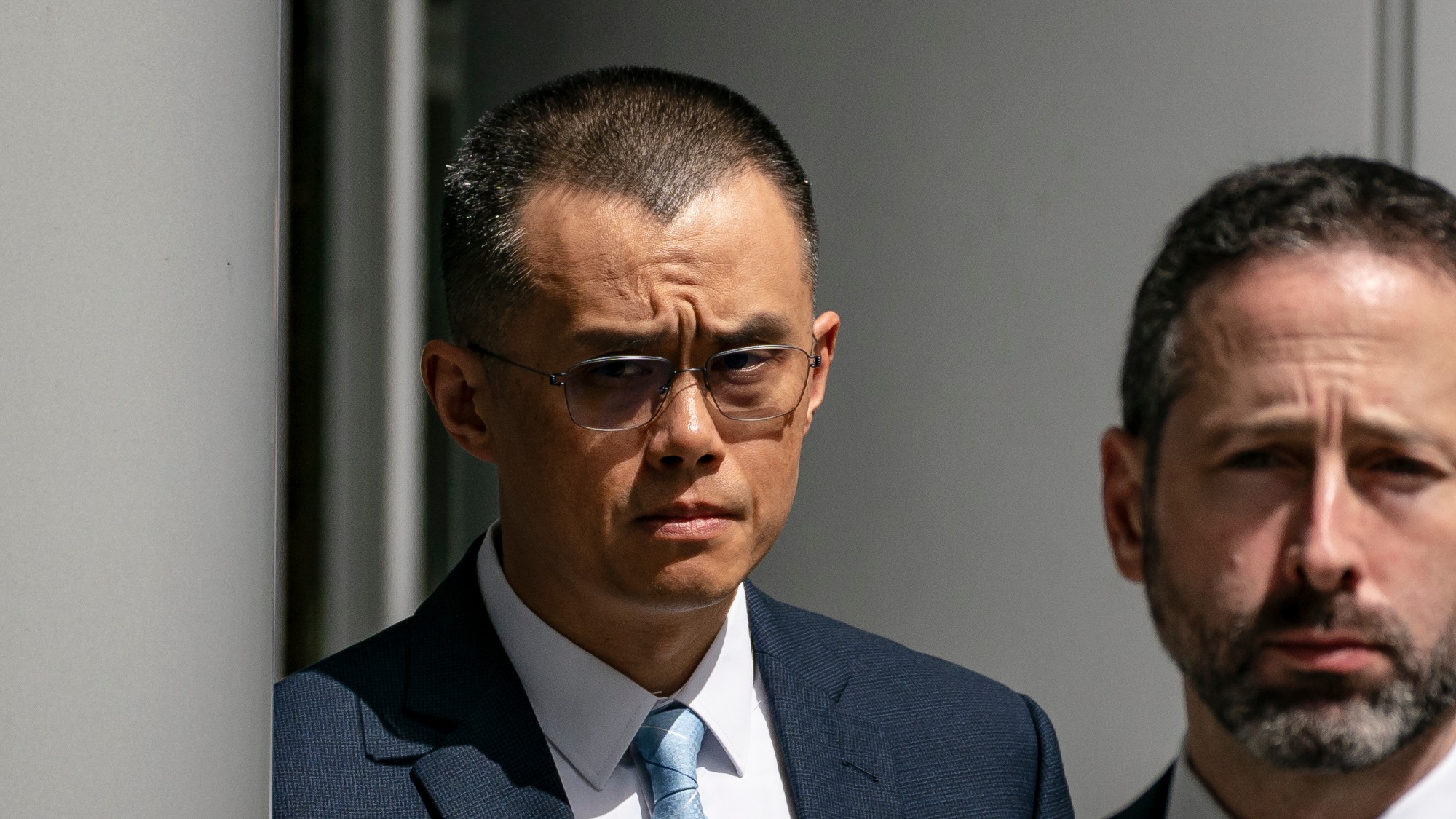 Why Trump pardoned crypto criminal Changpeng Zhao
Why Trump pardoned crypto criminal Changpeng ZhaoIn the Spotlight Binance founder’s tactical pardon shows recklessness is rewarded by the Trump White House
-
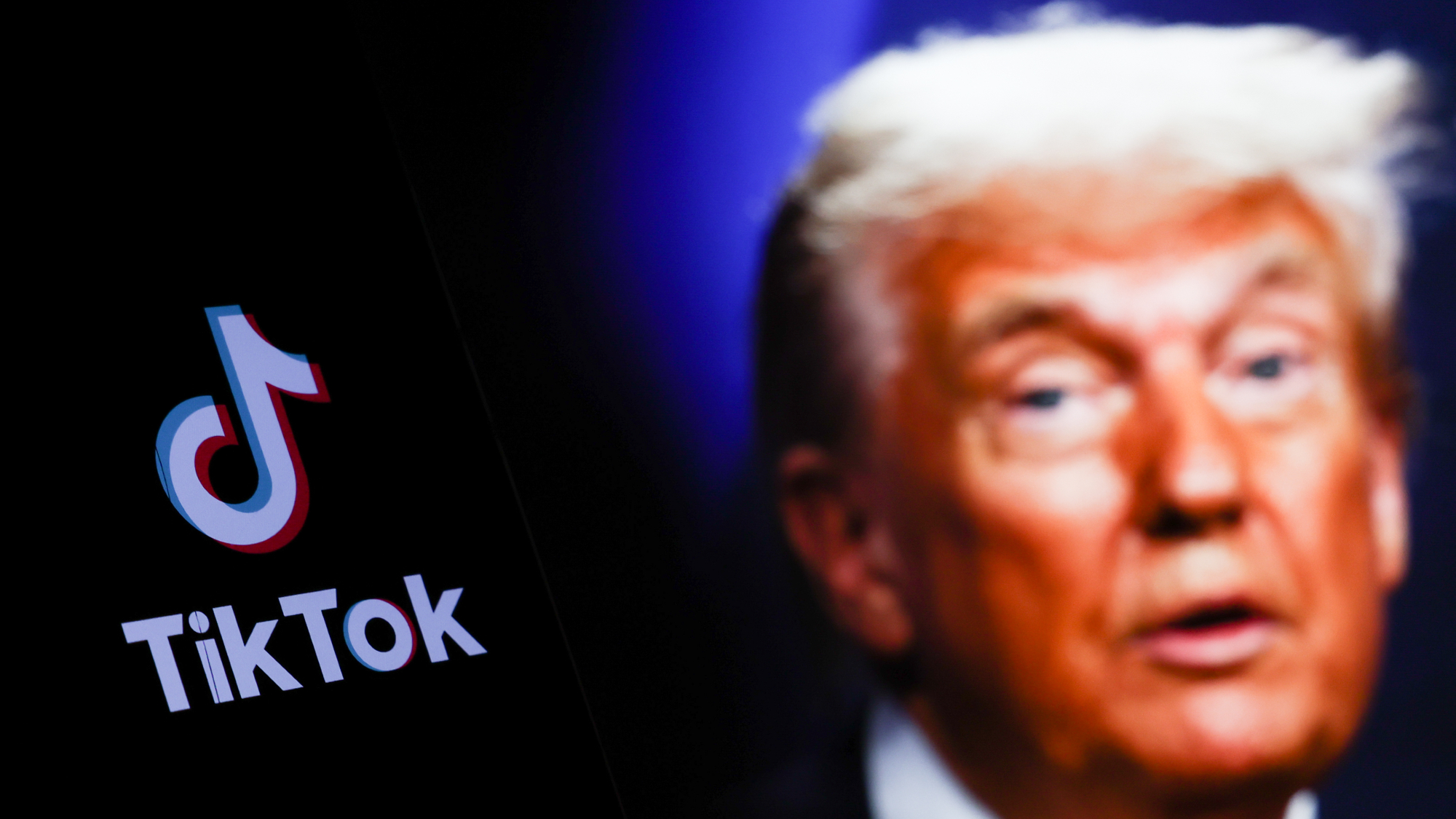 Trump allies reportedly poised to buy TikTok
Trump allies reportedly poised to buy TikTokSpeed Read Under the deal, U.S. companies would own about 80% of the company
-
 The noise of Bitcoin mining is driving Americans crazy
The noise of Bitcoin mining is driving Americans crazyUnder the Radar Constant hum of fans that cool data-centre computers is turning residents against Trump's pro-cryptocurrency agenda
-
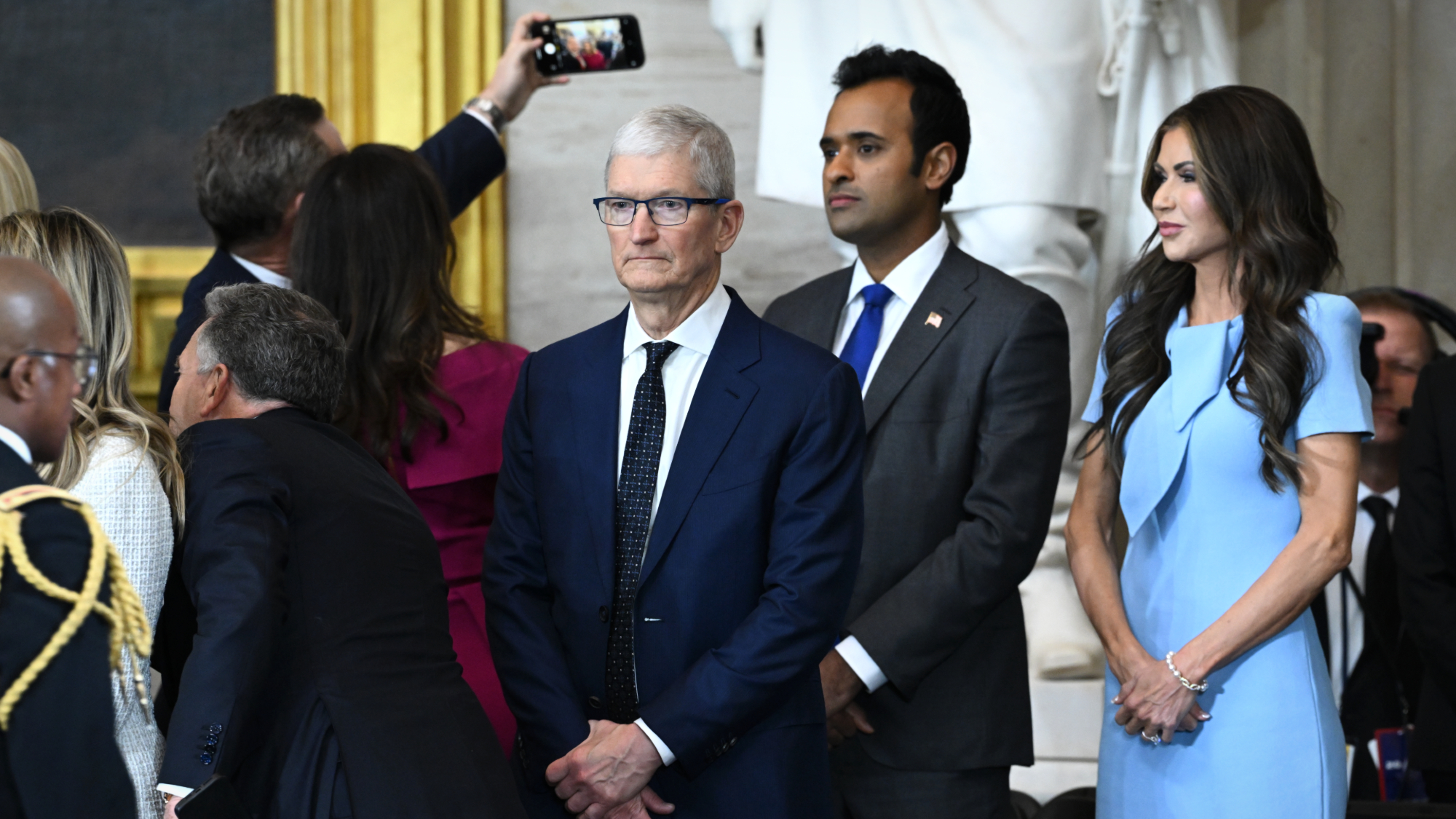 Apple pledges $500B in US spending over 4 years
Apple pledges $500B in US spending over 4 yearsSpeed Read This is a win for Trump, who has pushed to move manufacturing back to the US
-
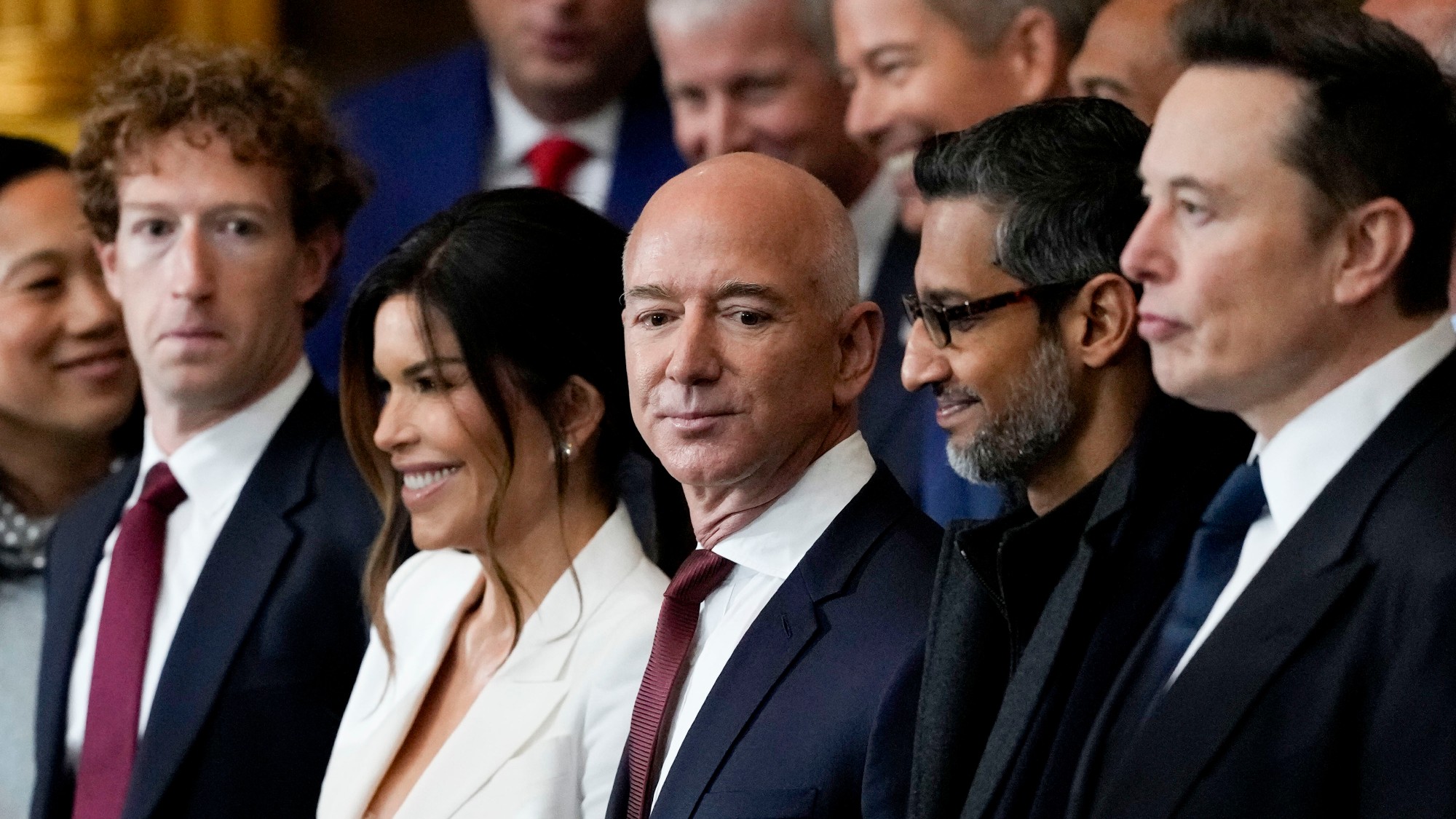 What Trump's 'tech bros' want
What Trump's 'tech bros' wantThe Explainer Elon Musk, Mark Zuckerberg and Jeff Bezos had 'prime seats' at the president's inauguration. What are they looking to gain from Trump 2.0?
-
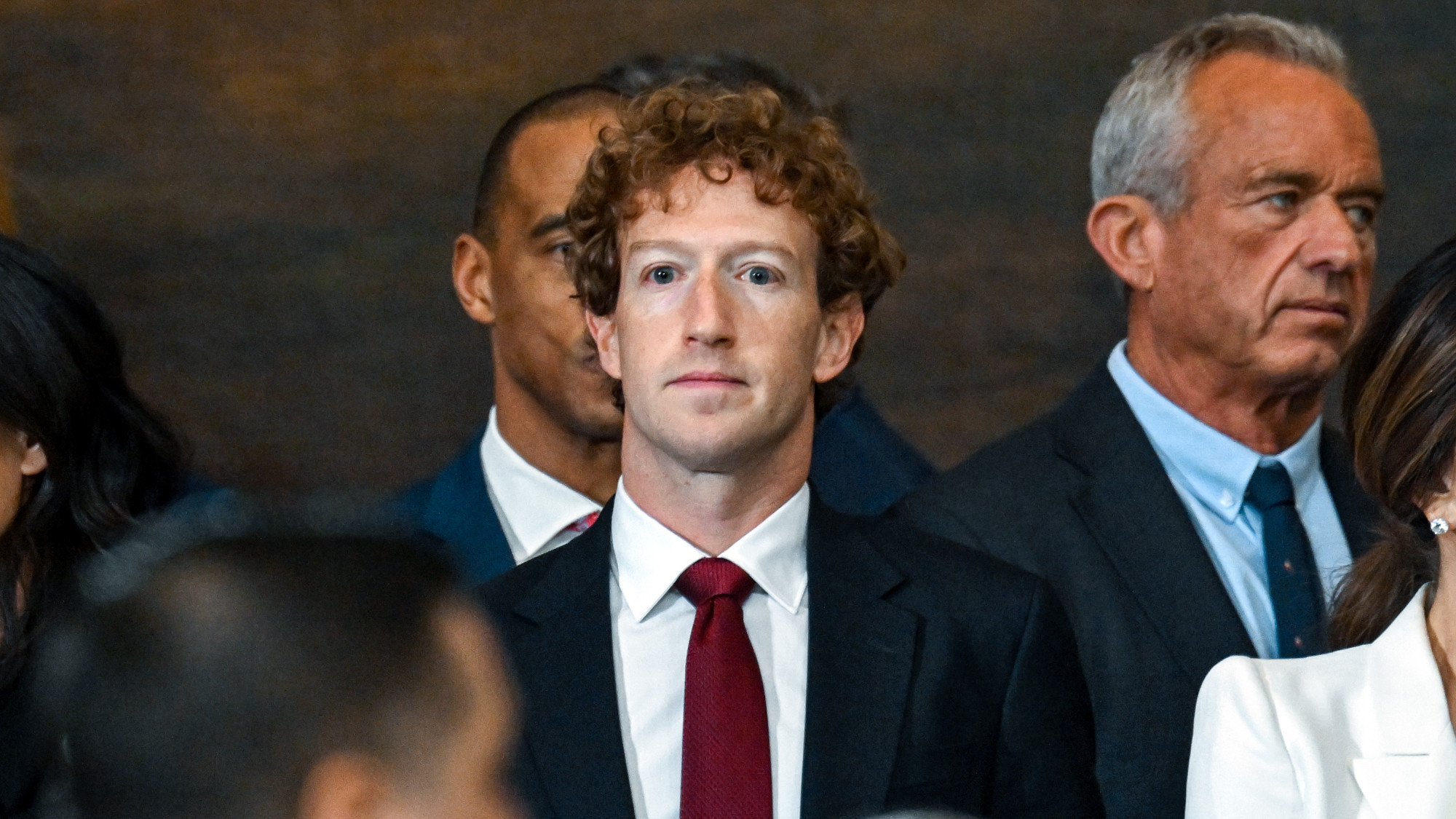 Big tech's big pivot
Big tech's big pivotOpinion How Silicon Valley's corporate titans learned to love Trump
-
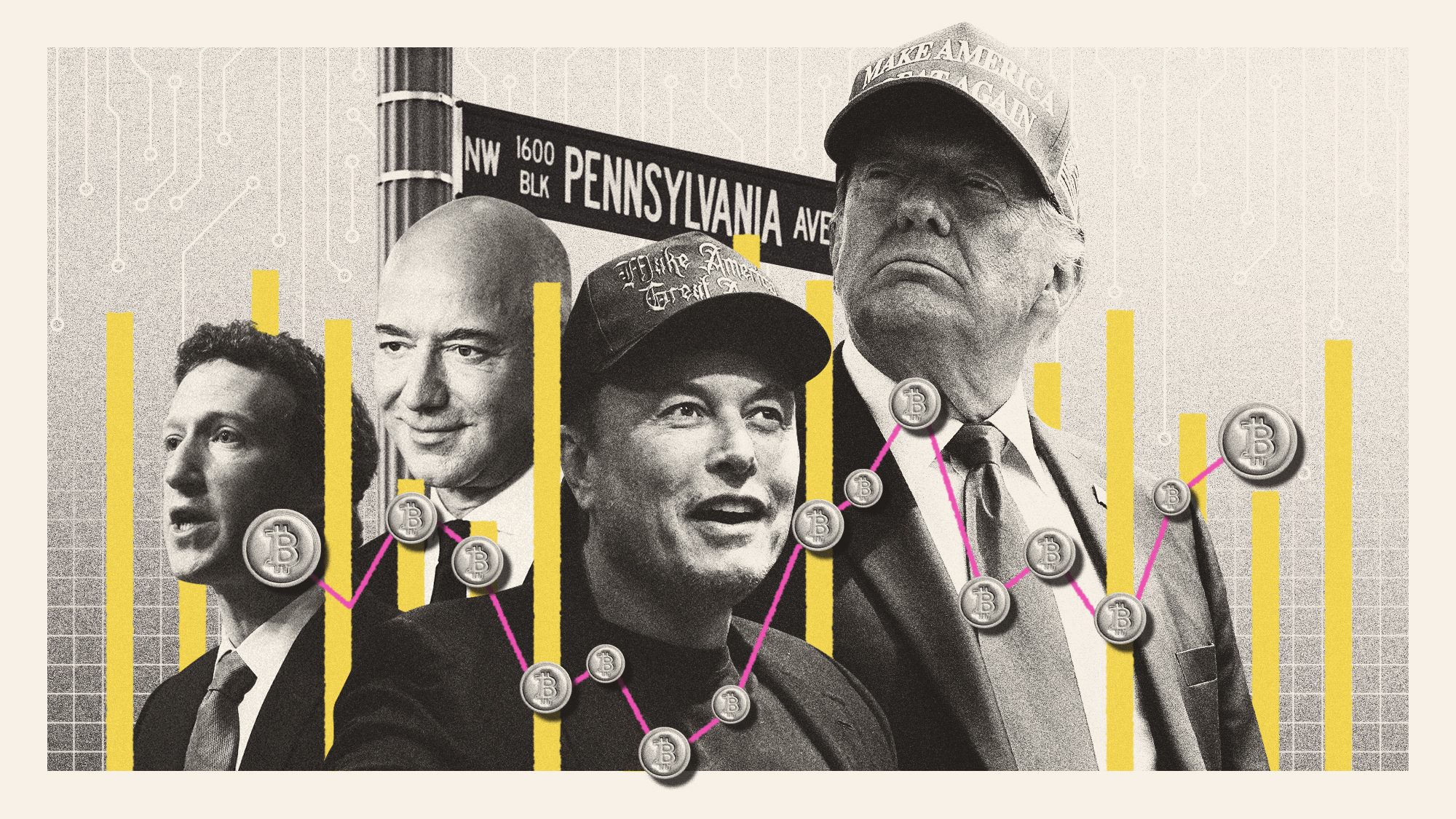 What Trump's win could mean for Big Tech
What Trump's win could mean for Big TechTalking Points The tech industry is bracing itself for Trump's second administration
-
 Racist texts tell Black people in US to prepare for slavery
Racist texts tell Black people in US to prepare for slaverySpeed Read Recipients in at least a dozen states have been told to prepare to 'pick cotton' on slave plantations